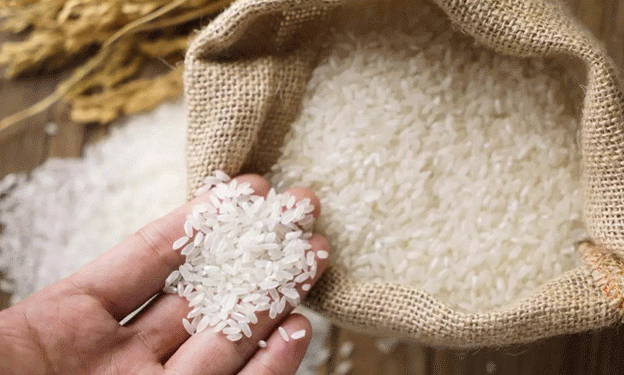How Japan is Tackling Soaring Rice Prices with Strategic Reserve Sales
In response to a historic surge in rice prices, Japan has launched its first-ever auction of government rice reserves, offering 150,000 tons of white rice from previous harvests. The auction aims to stabilize the market and address supply disruptions, following an unprecedented 60% price increase in 2023, the highest since records began in 1971. However, concerns remain about whether this measure will be enough to cool prices amid ongoing market speculation and distribution bottlenecks.
Why Is Japan Selling Rice Reserves?
Sharp Price Hikes and Supply Disruptions:
- In January 2024, rice prices jumped by another 90% compared to the previous year.
- Supply shortages began in summer 2023 due to earthquake-related production cuts, particularly from concerns over the Nankai Trough fault zone.
- Even after production exceeded last year’s levels, major rice suppliers failed to receive adequate stock, as smaller wholesalers hoarded rice, expecting further price increases.
Government’s Strategy to Control Prices:
- The March 12 auction deadline allows for unsold rice to be re-auctioned until all stock is cleared.
- The released reserves are expected to reach retailers by mid-March, aiming to ease market tensions and improve availability.
- This approach follows similar strategies seen in global grain markets, where reserve sales are used to stabilize volatility.
Potential Impact on Farmers and the Agricultural Sector
For Farmers:
- Short-term price stabilization could prevent further hoarding and encourage normal trading practices.
- However, if prices drop too quickly, farmers might face lower returns, leading to uncertainty for future planting decisions.
For Rice Distributors and Consumers:
- Major rice buyers may benefit from increased availability, allowing them to secure stock at more stable prices.
- If the reserve sale successfully lowers prices, consumer affordability will improve, reducing inflationary pressure.
Challenges and Future Outlook
Key Uncertainties:
- Will traders release hoarded stocks if prices stabilize? A lack of confidence in government measures could prolong market distortions.
- How will future production levels respond? Farmers may adjust planting areas if price volatility remains, impacting long-term supply stability.
- Could more auctions be needed? If this initial sale does not significantly lower prices, Japan may need to consider additional reserve releases or import options.
Japan’s first rice reserve auction marks a historic intervention in an effort to stabilize the market and control inflation. While the move may help cool prices in the short term, long-term challenges remain, particularly in restoring trust in supply chains and preventing speculative hoarding. The outcome of this auction will serve as a critical test case for future agricultural market interventions.
Error




